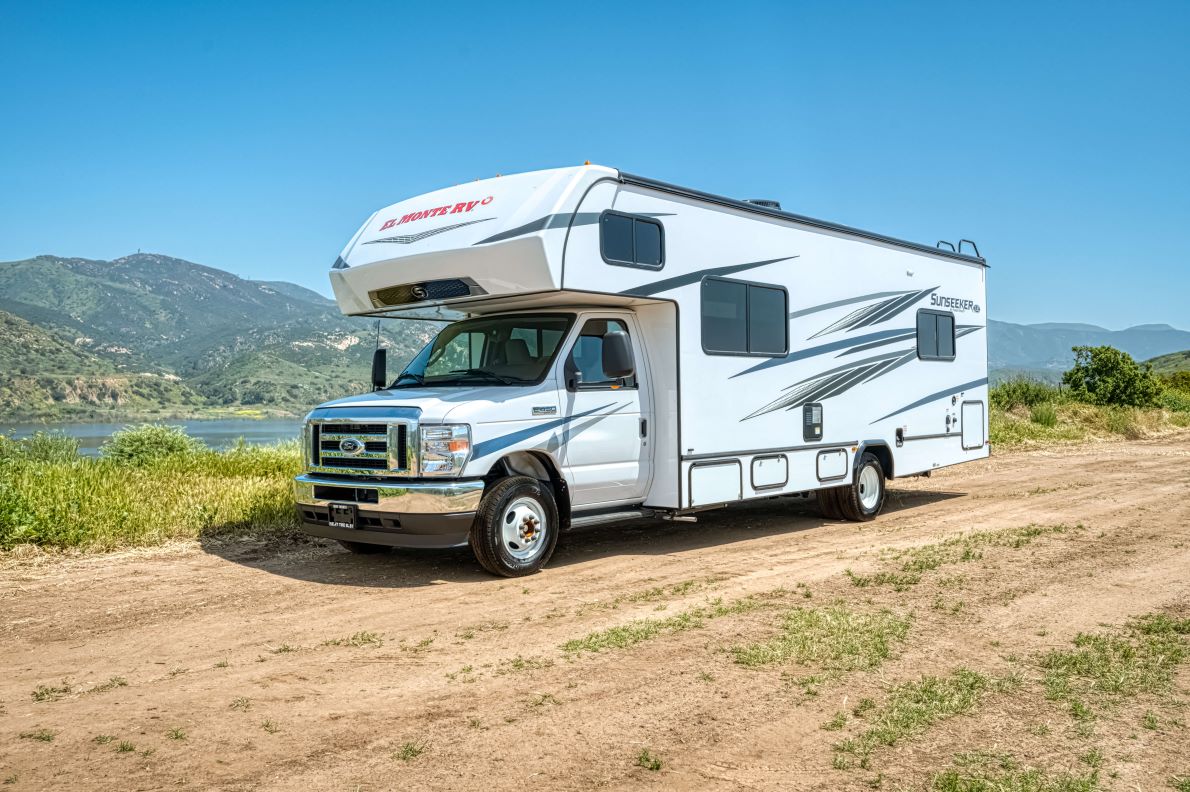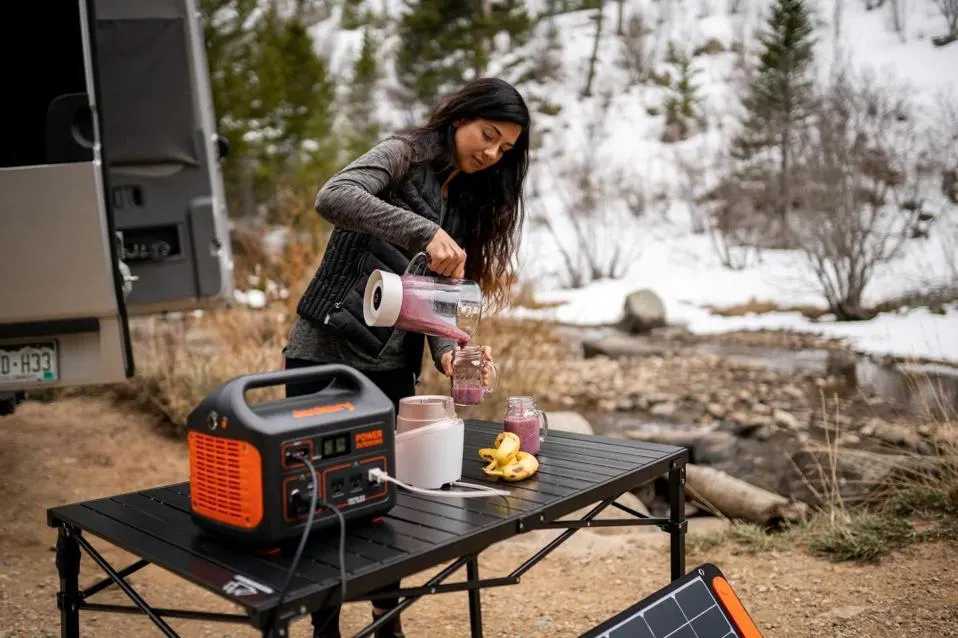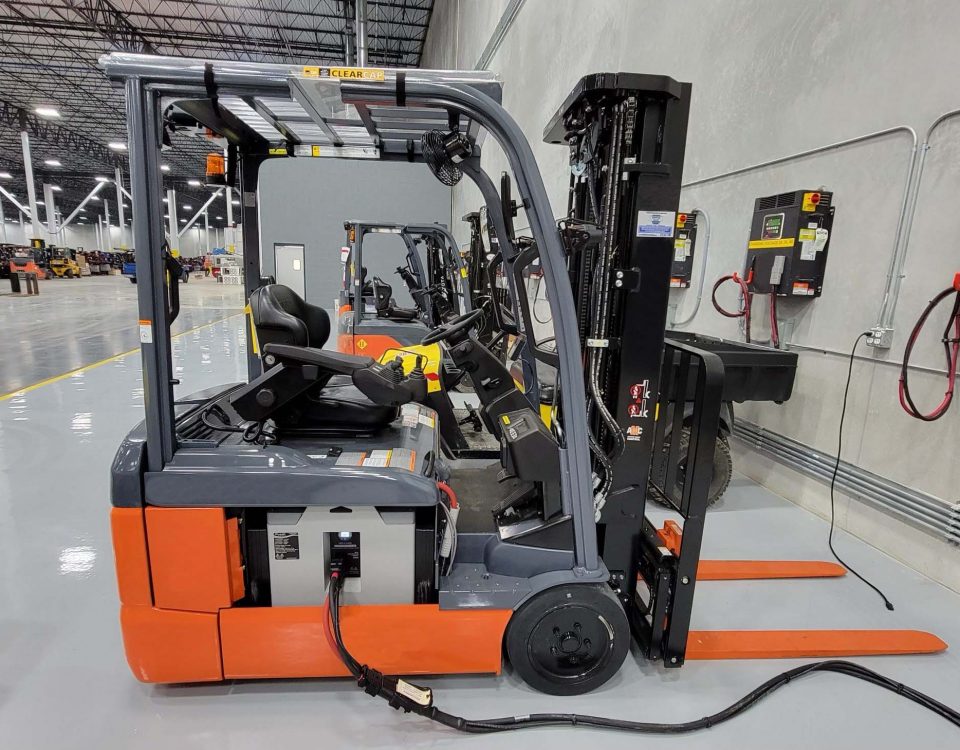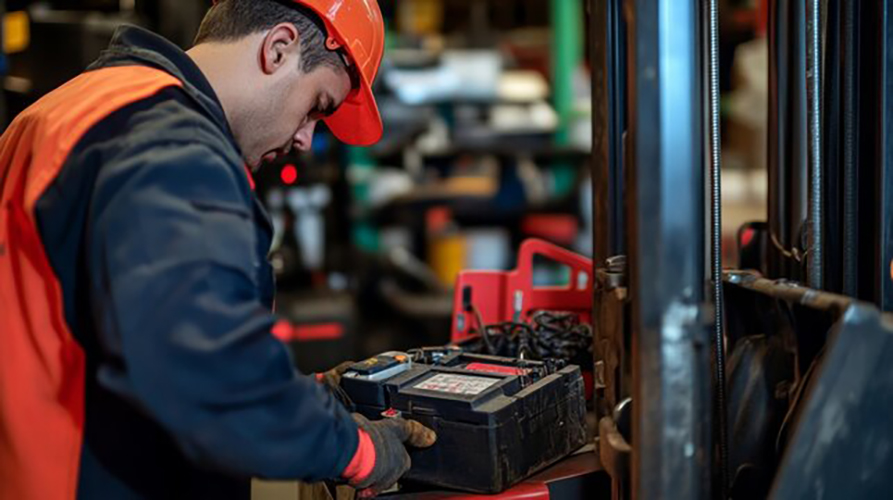Introduction: The Importance of Safety in Battery Handling
As recreational vehicles (RVs) continue to rise in popularity, more and more people are embracing the freedom of the open road. However, with this newfound freedom comes the responsibility of maintaining the power systems that keep your RV running smoothly. Among the most critical components of your RV’s power system are its batteries. Whether you're relying on them for lights, appliances, or the vehicle's propulsion, ensuring their safety is vital for both the longevity of your RV and your personal safety.
Proper handling and maintenance of RV batteries are crucial in preventing accidents, maximizing battery lifespan, and ensuring a smooth travel experience. In this article, we’ll explore key safety tips for handling, charging, and storing RV batteries, and offer advice on what to do in case of an emergency.
Proper Handling Techniques: Safety Gear and Precautions
Handling RV batteries safely begins with using the right safety gear. Even though RV batteries are designed for convenience and efficiency, they contain powerful chemicals and components that can pose risks if mishandled. Here are some essential safety precautions to follow when working with your RV’s batteries:
-
Wear Protective Gear: Always wear gloves, safety goggles, and long sleeves when handling RV batteries. Batteries contain sulfuric acid or lithium, both of which can cause skin burns or eye injury upon contact.
-
Use Insulated Tools: To prevent electrical shocks, always use insulated tools when working around RV batteries. This is especially important when disconnecting or connecting terminals, as an unintentional short circuit can lead to sparks or even a fire.
-
Disconnect the Negative Terminal First: When disconnecting the battery, always begin by removing the negative terminal before the positive terminal. This reduces the risk of short circuits and electrical accidents.
-
Check for Leaks or Damage: Before handling or maintaining your RV battery, always check for any leaks, cracks, or damage. If you notice any signs of damage, do not attempt to use or charge the battery, as it could be hazardous.
-
Work in a Ventilated Area: Batteries, especially lead-acid types, can emit harmful gases like hydrogen, which are flammable. Always work in a well-ventilated area to reduce the risk of inhaling these gases or triggering an explosion.
Charging and Storage Safety: Best Practices to Avoid Hazards
Charging and storing your RV battery safely is equally important. Here are best practices to keep in mind:
-
Follow Manufacturer’s Instructions: Always charge your RV battery using the recommended charger. Different battery types (e.g., lead-acid, lithium-ion) have different charging requirements. Using the wrong charger can lead to battery overheating, swelling, or damage.
-
Never Overcharge: Overcharging a battery can cause it to overheat, potentially damaging the cells and reducing its overall lifespan. Many modern RV batteries come with built-in charge controllers to prevent overcharging, but it's always wise to monitor the process and follow the manufacturer’s guidelines.
-
Store Batteries Properly: If you plan to store your RV battery during the off-season, make sure it’s stored in a cool, dry location away from direct sunlight. Extreme temperatures can significantly affect battery performance, so avoid storing your battery in places that experience freezing or excessively hot conditions.
-
Maintain Charge Levels: If your RV won’t be used for an extended period, ensure that the battery charge is maintained by using a battery tender or trickle charger. This prevents the battery from discharging completely, which could shorten its lifespan or render it unusable.
-
Avoid Direct Contact with Metal: When storing your RV battery, ensure the terminals are not in contact with metal objects, as this can cause short circuits and potential fire hazards. Use terminal covers or insulate the battery to prevent accidental contact.
Emergency Preparedness: What to Do in Case of Battery Failure
Despite all the precautions, battery failures can still occur, especially when you’re far from home or in remote locations. Knowing what to do in case of a battery emergency can make all the difference in staying safe and getting back on the road.
-
Keep a Battery Jumper Kit: A portable battery jump starter can be a lifesaver if your RV battery fails. These kits are compact, easy to use, and can provide enough power to start your RV or charge the battery temporarily until you can reach a service station.
-
Know How to Disconnect a Faulty Battery: If you suspect that your RV battery is damaged or malfunctioning, it’s essential to disconnect it immediately to avoid any risk of fire or explosion. Always disconnect the negative terminal first, followed by the positive terminal.
-
Stay Calm and Avoid Panic: If your battery fails while you’re on the road, it’s important to stay calm. Assess the situation carefully, check for signs of damage or leakage, and take appropriate safety measures to prevent further harm. If you’re unsure about the condition of your battery, it’s best to call for roadside assistance.
-
Keep Emergency Contacts Handy: In case of an emergency, having the contact information for battery service centers or roadside assistance is essential. Many RV manufacturers also offer 24/7 support services for battery-related issues.
-
Always Have Backup Power: For extra peace of mind, consider keeping a backup power source, such as a secondary RV battery or a solar power setup. This can keep your essential systems running until you can resolve the issue with your primary battery.
Conclusion: Prioritizing Safety in Your RV Experience
The safety of your RV’s battery system should be a top priority, whether you’re traveling across the country or taking a weekend trip. Proper handling, safe charging and storage, and emergency preparedness are all key elements of maintaining a secure and reliable power system in your RV. By following these safety tips, you can ensure that your RV battery lasts longer and performs efficiently, allowing you to focus on enjoying your adventures with peace of mind.
About RICHYE
RICHYE is a trusted lithium battery manufacturer, producing high-quality lithium batteries that excel in performance, safety, and reliability. Whether for RVs, forklifts, or other applications, RICHYE’s batteries offer unmatched quality, ensuring that you have the best power solution for your needs. Count on RICHYE for safe, durable, and efficient battery solutions designed to keep you powered on your journeys.
By prioritizing safety and maintaining your RV battery properly, you not only extend the life of your battery but also ensure a safe and enjoyable RV experience for you and your family.




